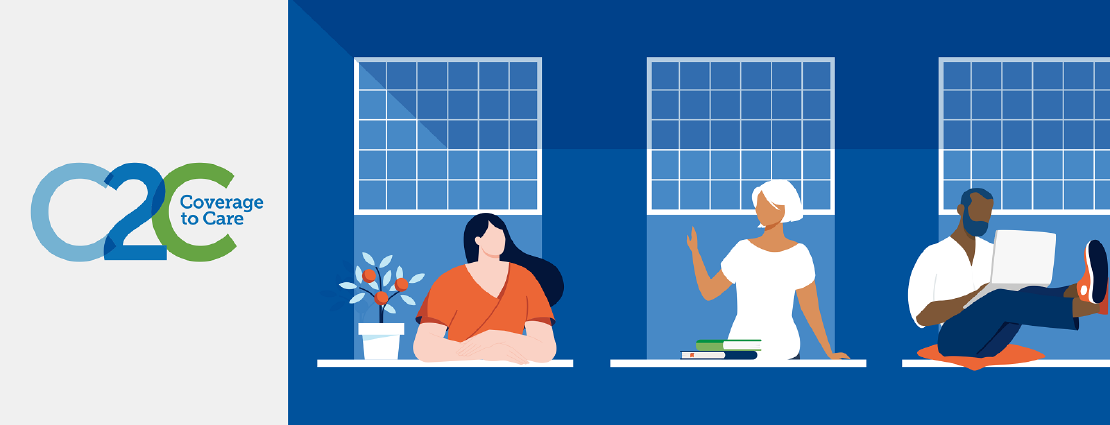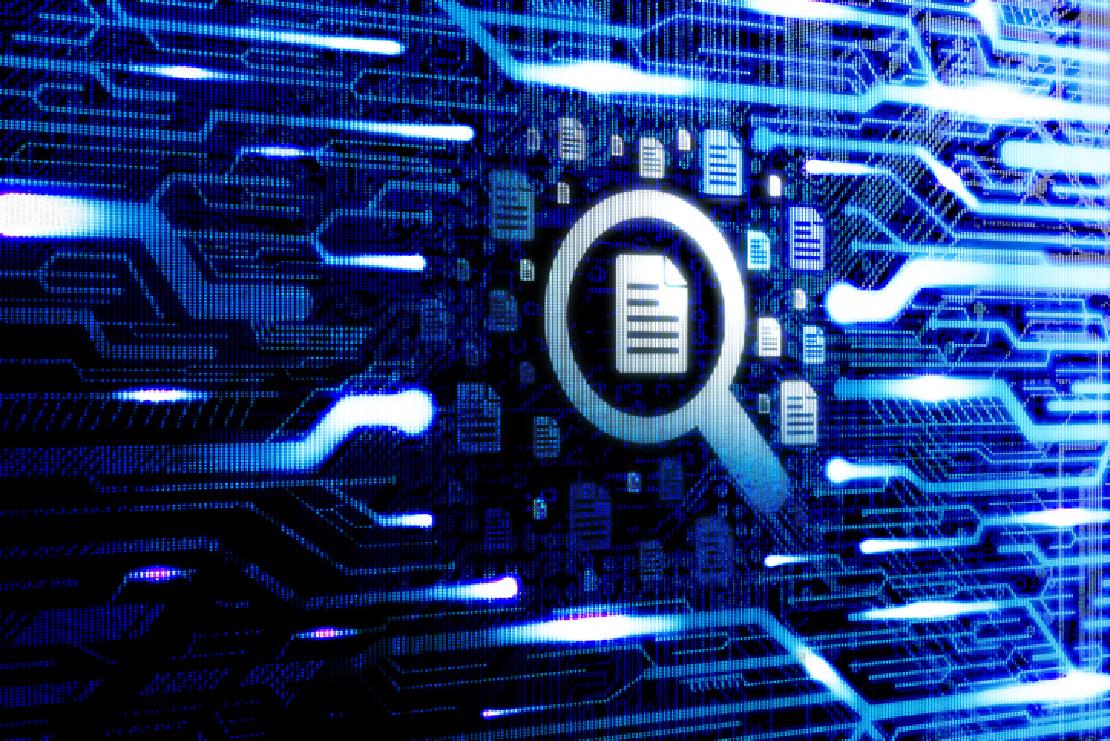In the world of healthcare, the accurate coding of medical procedures and diagnoses is a critical component of the billing and reimbursement process. It ensures that healthcare providers receive fair compensation for their services while maintaining the integrity of the system. However, the healthcare industry has been plagued by the persistent issue of Medicare fraud which costs the government and taxpayers billions of dollars annually. In this blog post, we will explore the problem of Medicare fraud and how computer-assisted medical coding can serve as a powerful solution.
The Medicare Fraud Epidemic
Medicare , the federal health insurance program for seniors and individuals with disabilities, is a vital lifeline for millions of Americans. However, this vital program has fallen victim to fraudulent activities that siphon off much-needed funds. Medicare fraud can take various forms, including:
-
Upcoding: Healthcare providers intentionally assign higher-cost billing codes to increase their reimbursement.
-
Unbundling: Separating bundled services to bill for them individually, inflating the charges.
-
Phantom Billing: Billing for services or procedures that were never provided.
-
Kickbacks: Offering or accepting money, goods, or services in exchange for patient referrals or increased utilization of medical services.
-
Identity Theft: Using stolen patient information to bill Medicare for fictitious services.
The consequences of Medicare fraud are far-reaching. It not only strains the program’s financial resources but also leads to increased healthcare costs, reduced quality of care, and the potential for legal repercussions.
The Role of Computer-Assisted Medical Coding
One of the linchpins in the battle against Medicare fraud is accurate medical coding. This is where computer-assisted medical coding steps in. Utilizing artificial intelligence and machine learning, these systems can:
-
Ensure Accurate Coding: By analyzing clinical documentation, computer-assisted coding systems can suggest the most appropriate codes for diagnoses and procedures. This reduces the likelihood of upcoding or other fraudulent practices.
-
Detect Anomalies: Advanced algorithms can identify coding patterns that deviate from the norm, raising red flags for further investigation.
-
Enhance Compliance: These systems are designed to align with coding guidelines and regulations, reducing the risk of non-compliance.
-
Improve Efficiency: Computer-assisted coding accelerates the coding process, allowing healthcare providers to focus on patient care rather than administrative tasks.
The Impact of Technology
The implementation of computer-assisted medical coding not only helps combat Medicare fraud but also offers a range of benefits to healthcare providers. It reduces the administrative burden, enhances coding accuracy, and ultimately contributes to better patient care.
In conclusion, the problem of Medicare fraud is a significant challenge for the healthcare industry and government agencies. Computer-assisted medical coding presents a potent solution by leveraging technology to ensure accurate coding and detect fraudulent activities. This not only safeguards the integrity of Medicare but also leads to more efficient and reliable healthcare services.



